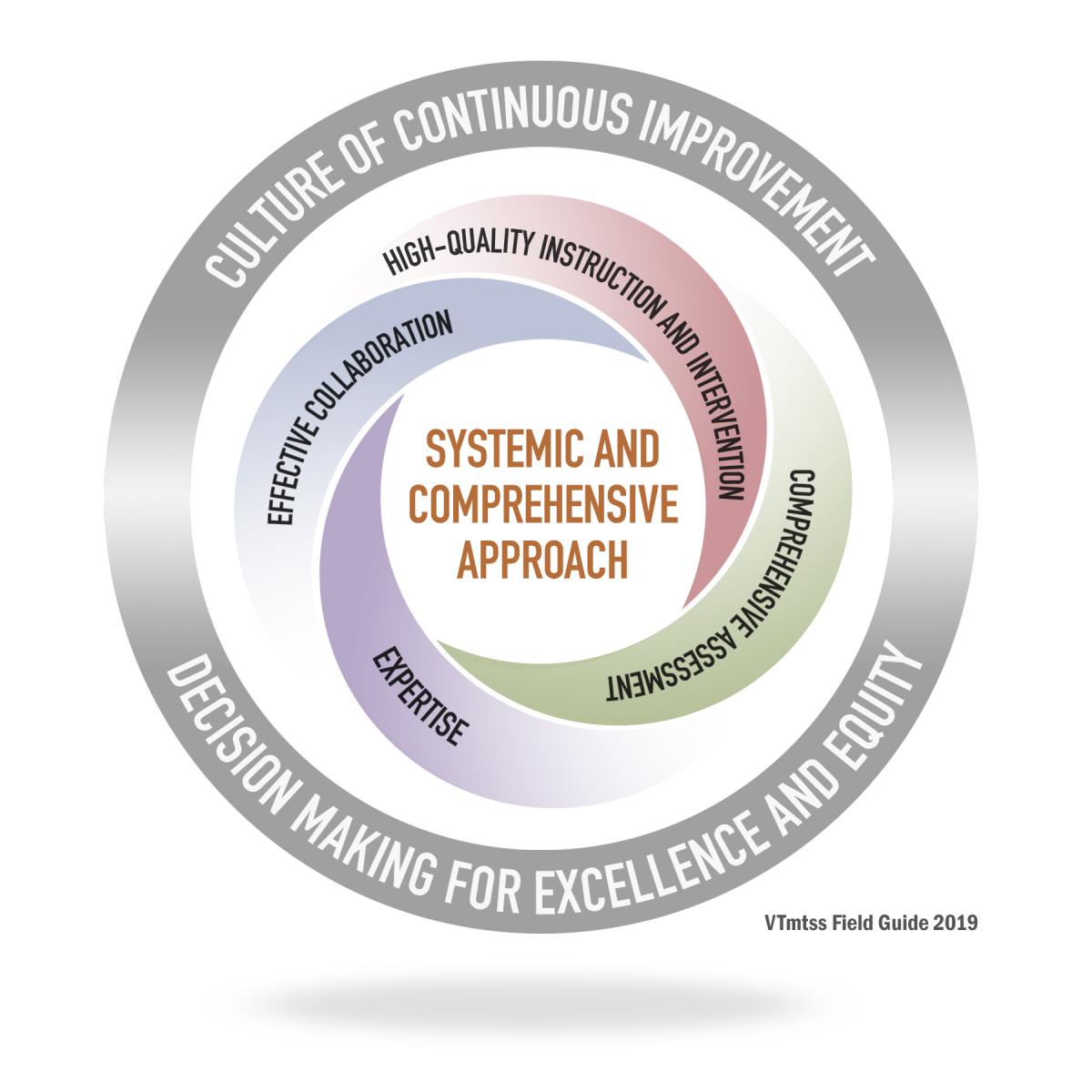Students with a strong sense of belonging at school are more likely to be engaged and perform well academically. Research findings demonstrate better outcomes for students when their needs for belonging and respect are met.
Sense of belonging refers to the extent to which students feel personally accepted, included, and supported at school, and includes school-based experiences, students’ relationships with teachers and peers, and students’ general feelings about school (National Center on Safe Supportive Learning Environments, 2024).
Strategies
Consider using the TIES Center Belonging Reflection Tool to examine how your school community is doing across ten measures of belonging. This resource can be used by individuals or with teams.
The following high leverage practices can be used to intentionally foster a culture of belonging in a school building or classroom (Institute of Education Sciences (IES), 2023):
- Maintain and communicate high expectations for all students.
- Commit to building a caring classroom and school community.
- Seek and leverage knowledge of student backgrounds.
- Cultivate respectful communication about differences across culture, ability, and lived experiences
- Promote and develop student agency over their school experiences.
- Engage families as partners to support student success.
Culturally responsive practices include educator actions that recognize, value, and incorporate students’ lived experiences and cultures into teaching, learning, and the school environment. Strategies that prioritize building positive student–teacher relationships have shown to be strong predictors of student sense of belonging.
Refer to this IES infographic for more information about The Importance of Student Sense of Belonging.

Successful school and life outcomes for students depends upon our collective efforts to build healthy and trusting relationships and develop comprehensive systems of support in our schools. The Vermont Multi-tiered Systems of Supports (VTmtss Framework) guides educators as they work to support students when and how needed to access high-quality education.
A positive and healthy school climate enables learning by providing students with healthy adult-student relationships, rigorous expectations for learning, conditions of mental and emotional safety and belonging among students and staff—all of which are essential to student success (Aspen Institute, 2021).
